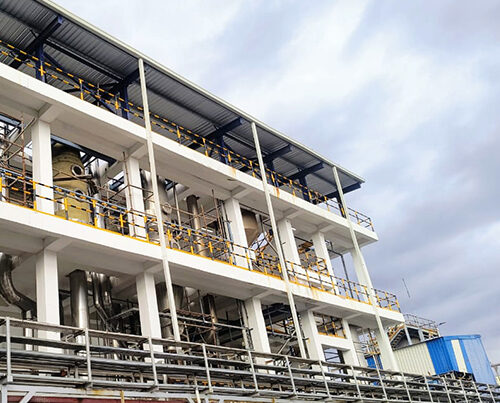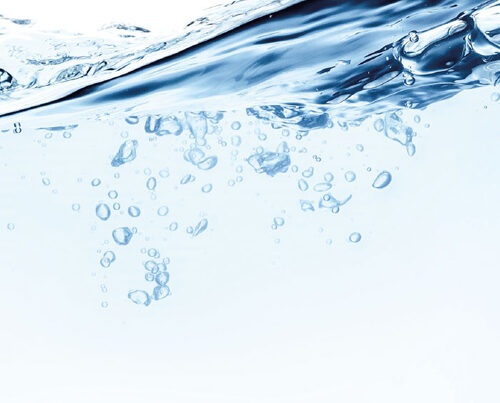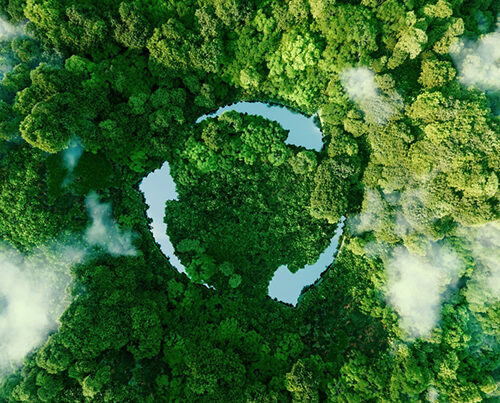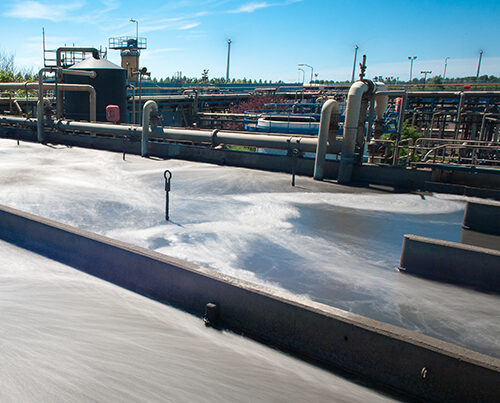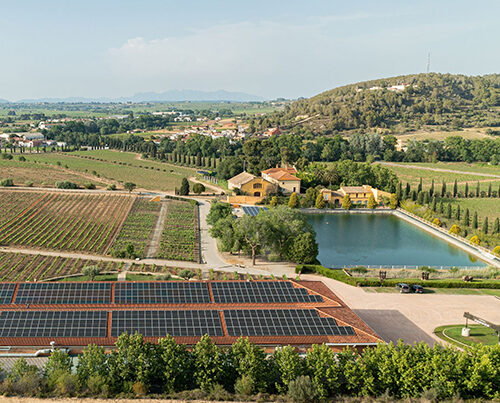A holiday region offering a wide range of attractions
Up to five million people visit the 1,000-year-old imperial city of Goslar and the Harz national park every single year. Offering such a wide range of leisure activities, this region is well worth a visit no matter what time of the year it may be. It is, however, not only a popular destination for hiking, mountain biking and skiing. People from across Germany travel to the city to attend its many special events, such as the annual presentation of the Kaiserring [Emporer’s Ring] art prize and the Verkehrsgerichtstag, a forum focusing on traffic law and policies. All very good reasons, therefore, for taking a look behind the scenes at the town and at EURAWASSER Betriebsführungsgesellschaft mbH Goslar, a REMONDIS Group subsidiary.

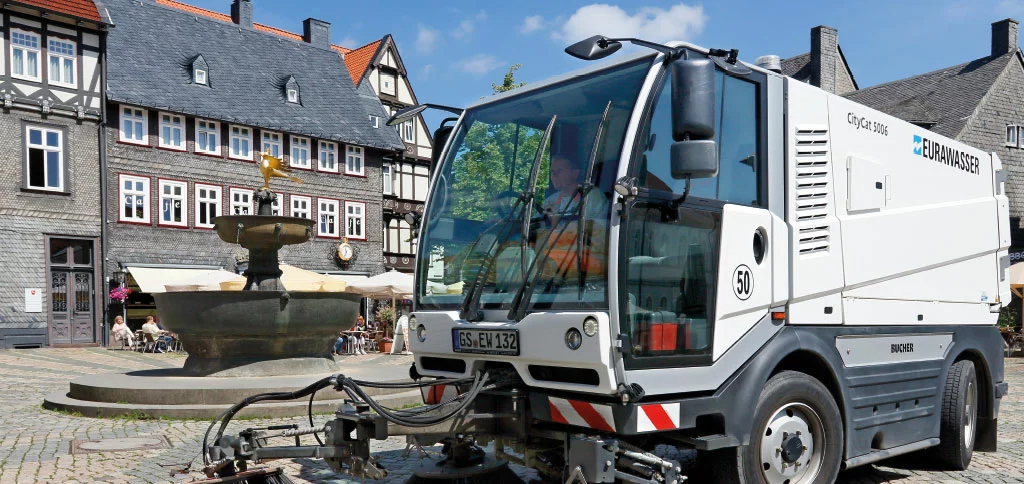
Goslar and EURAWASSER – a success story
The public private partnership between the City of Goslar and EURAWASSER began back in 1996. The city council’s decision back then to find a private sector partner to help it convert its sewage treatment plant and drainage system proved to be one that triggered a genuine success story. It resulted in the foundation of the new firm EURAWASSER Betriebsführungsgesellschaft with 30 employees and in the city’s drainage system being improved. It has also led to all of the plants, facilities and equipment being modernised – including the 400km+ sewer network, the central sewage treatment plant (extended to handle wastewater from more than 100,000 inhabitants) and over 20 special structures as well as all of the plant and working equipment and vehicles.
Over the years, this public private partnership (City of Goslar: 51% share, EURAWASSER: 49% share) has invested more than 43 million euros in extending, renewing and converting the wastewater pipe network and the sewage treatment plant. With the partnership proving to be such a success, the City of Goslar made the decision in 2003 to put EURAWASSER in charge of a number of other tasks as well. These new services – cleaning the streets, emptying the waste bins and taking over some winter services – led to the creation of 16 new jobs and a new business division, which is now responsible for ensuring that Goslar’s historical city centre, a UNESCO world heritage site, remains clean and tidy.
Many volunteers took part in the Goslar Clean-up Day which was held on 30 March. Their task: to spruce up the town’s streets, parks and paths.
Know-how needed in the Harz region as well
Over the years, EURAWASSER Betriebsführungsgesellschaft has developed from simply being the operator of the city’s wastewater system into a provider of an extensive portfolio of environmental services for both the public and private sectors. It now serves municipal and commercial businesses across the whole of the Harz region in the German states of Lower Saxony, Saxony-Anhalt and Thuringia. Its commercial, industrial and municipal customers make the most of its range of services to ensure their grounds and premises are kept clear of snow, dirt and overgrown plants.

Holger Fricke, Managing Director of EURAWASSER Betriebsführungsgesellschaft mbH, regularly takes part in the Clean-up Days
According to Michael Figge, managing director of EURAWASSER Betriebsführungsgesellschaft, one of the main reasons why EURAWASSER has been able to enter into so many new fields of business has been the close ties it has with its customers. “We are continuously further developing our business, both in the area of technology and sales. We are able to do this by remaining in close contact with our customers, partners and universities, such as the Clausthal University of Technology,” explained Michael Figge, who, together with his colleague Holger Fricke, will be doing everything in his power to ensure the company’s positive development continues well into the future.
Research subjects, such as the Goslar sewage treatment plant’s “Bio fuel cell” pilot project, promote collaboration work with prestigious universities. The possibility of generating energy from wastewater and sewage sludge has attracted wide interest – as has REMONDIS’ TetraPhos® process, a system used to recover phosphorus from sewage sludge ash.
Image credits: image 1: Adobe Stock: fotobeam.de; image 1, 2: © REMONDIS







